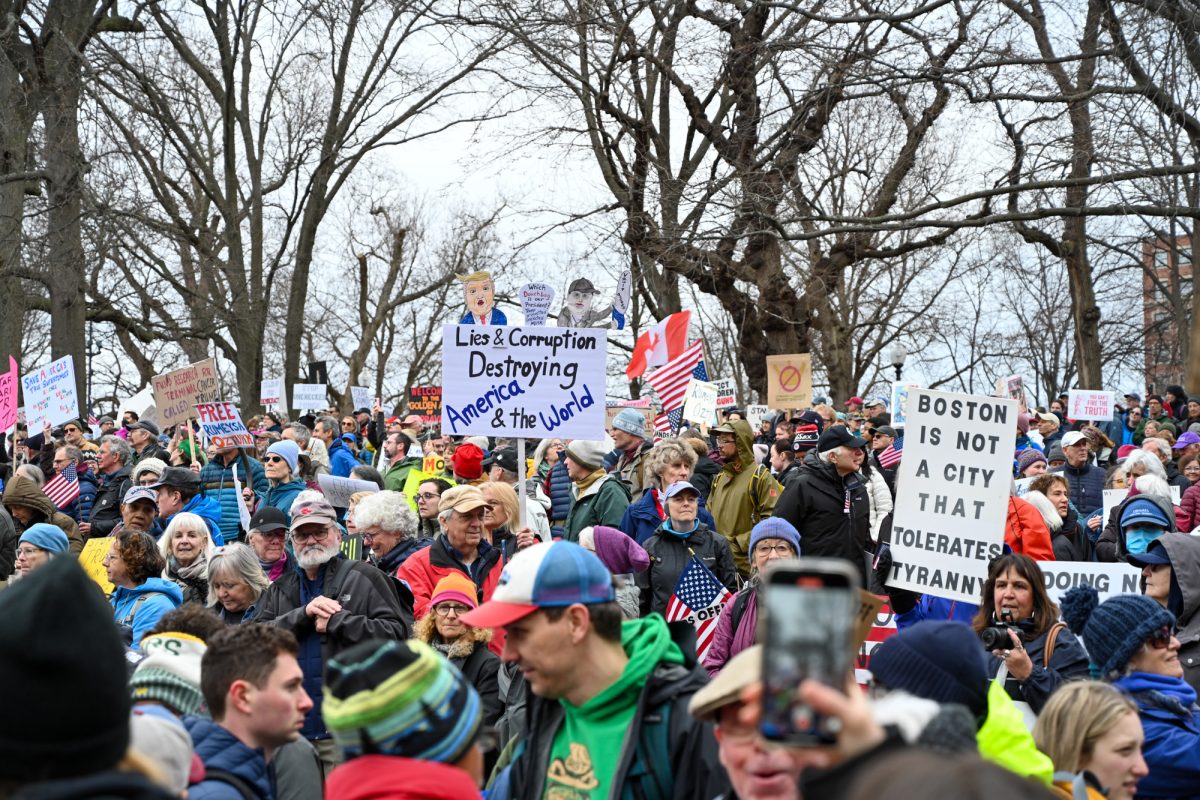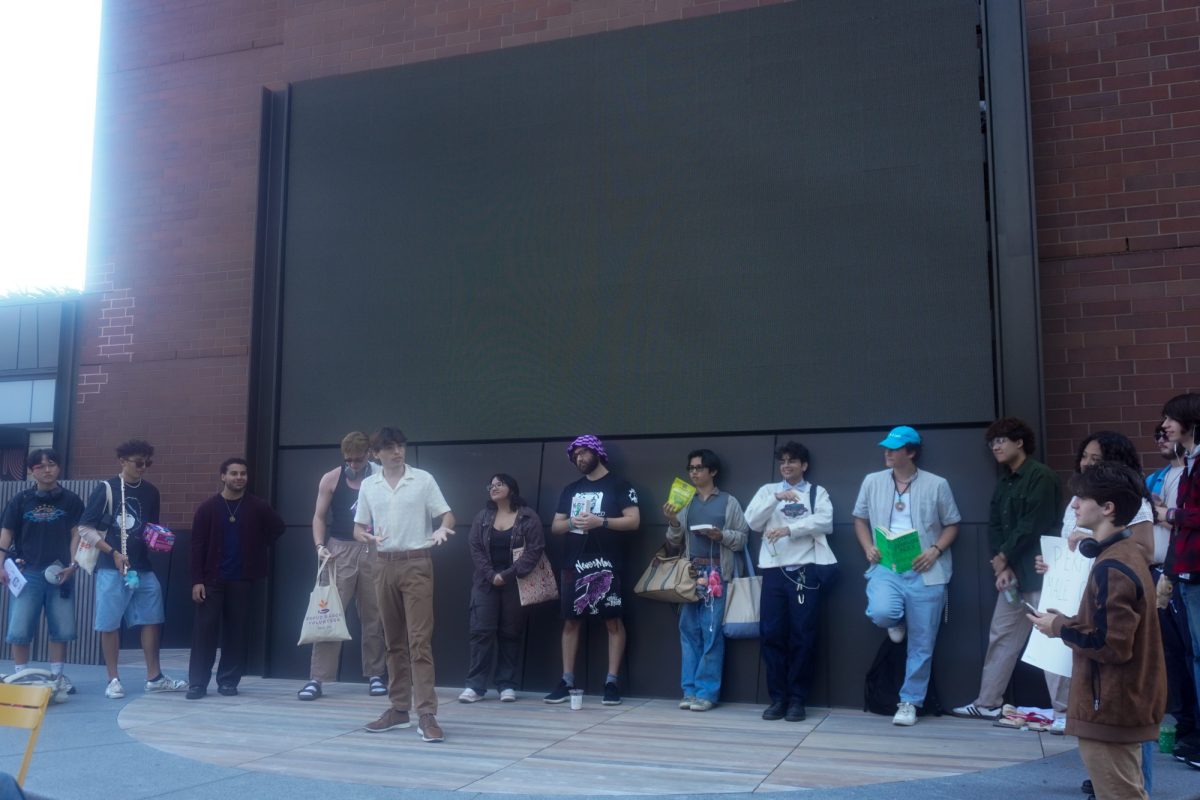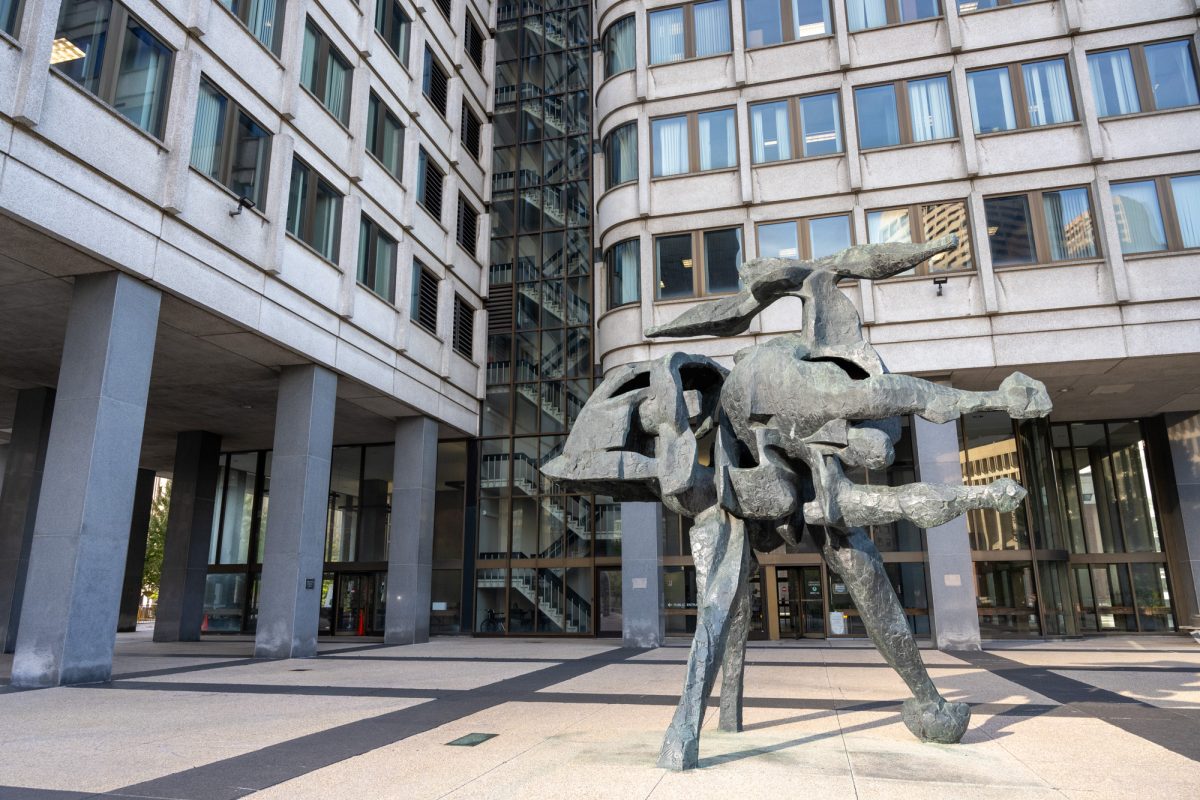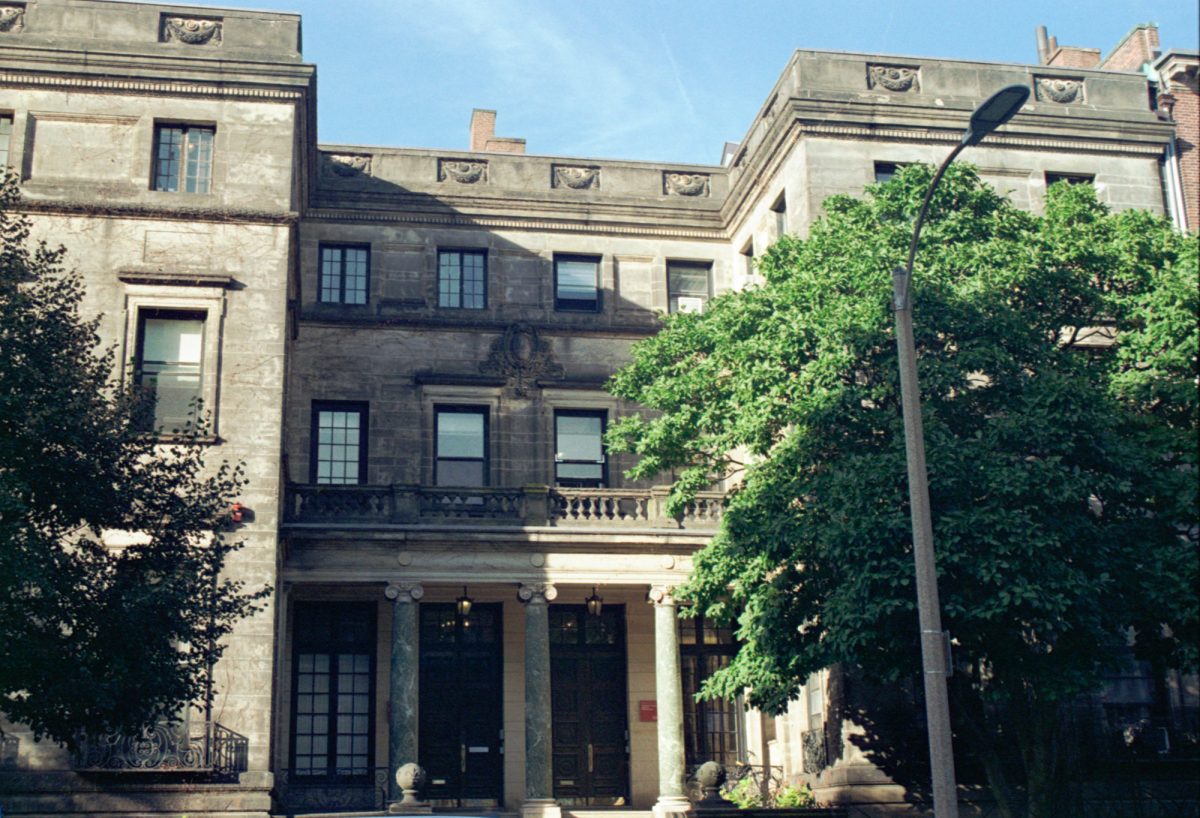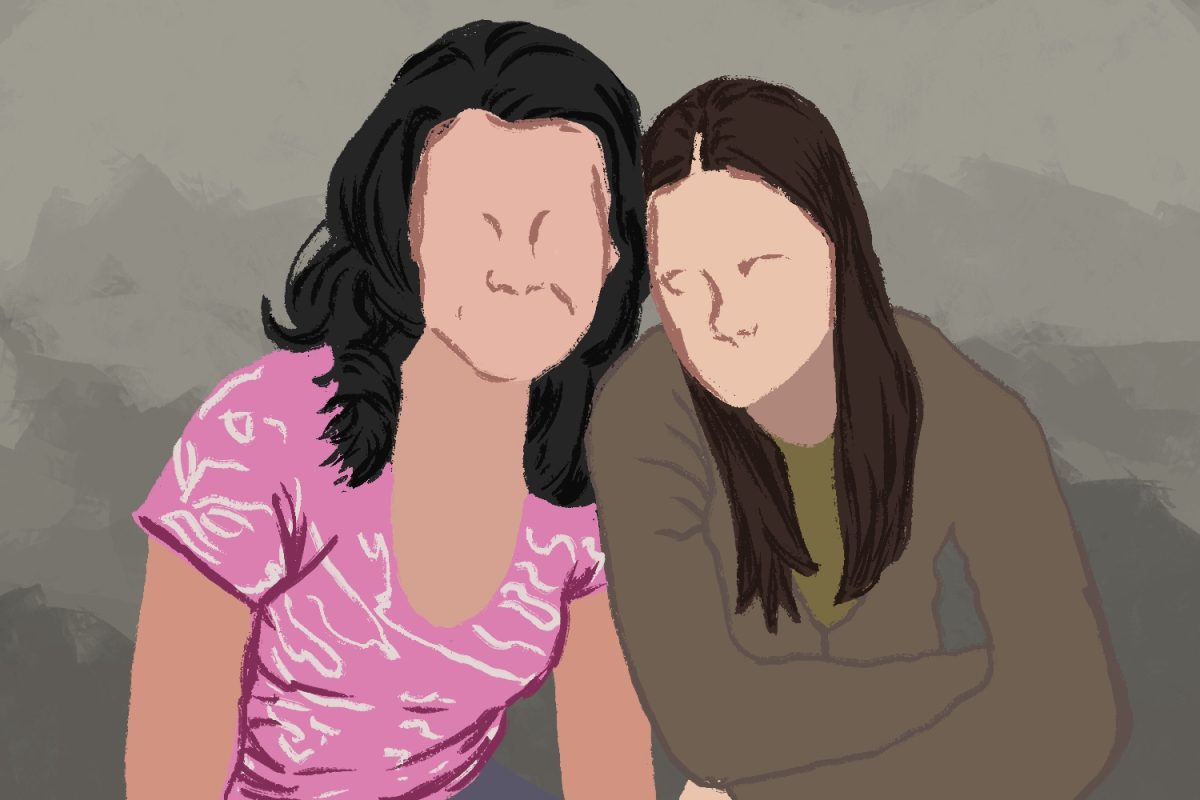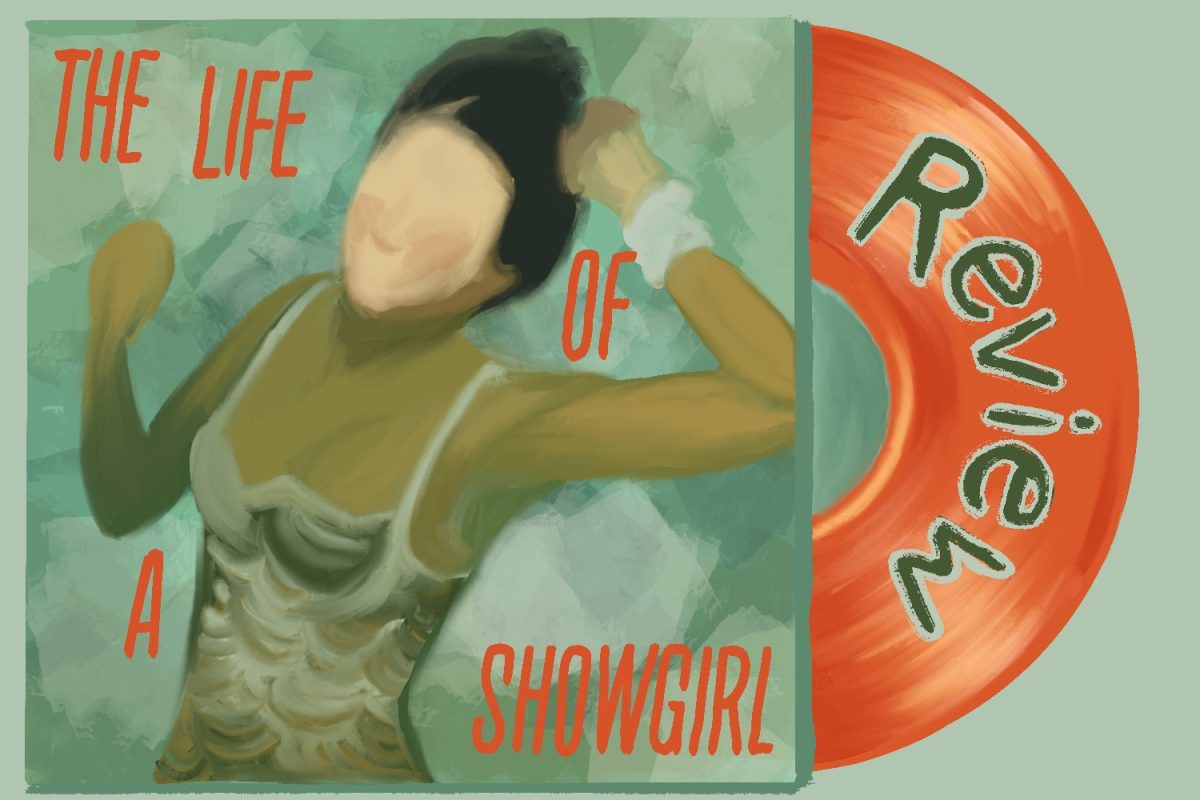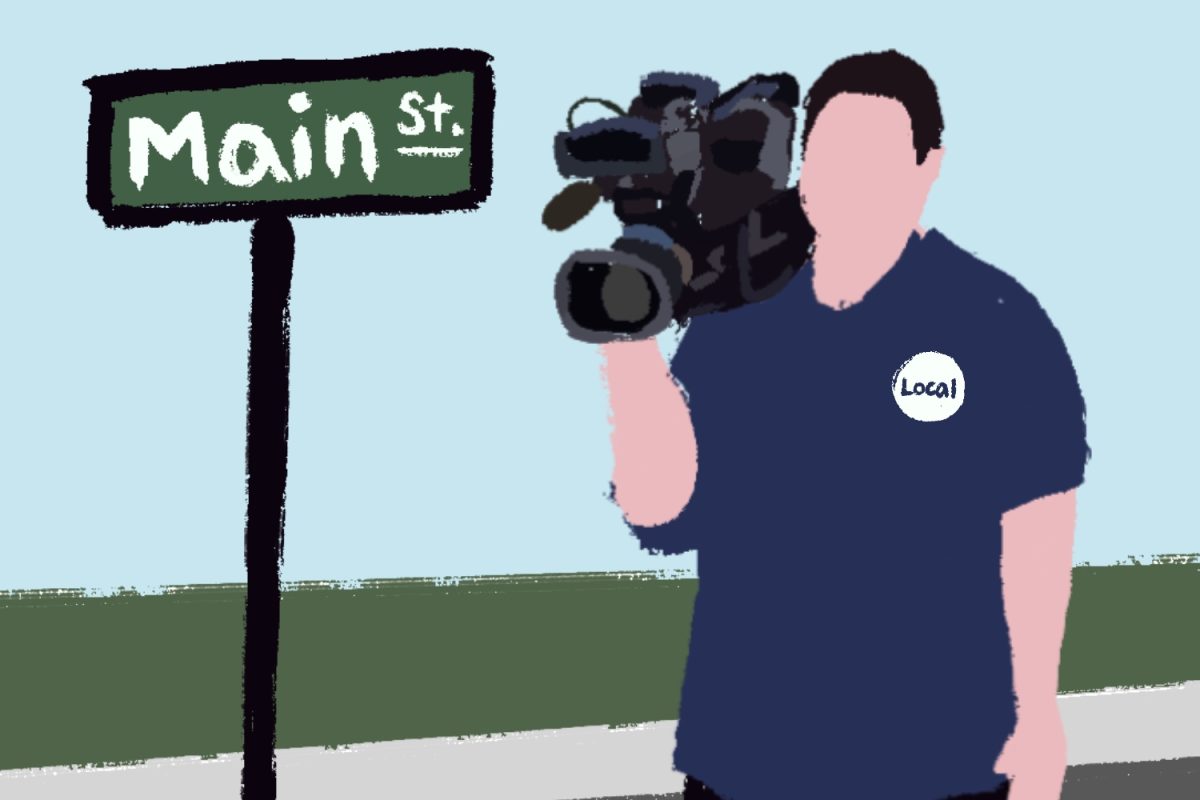A Boston federal judge upheld the First Amendment rights of noncitizen protestors Sept. 30 in one of the most significant legal battles of President Donald Trump’s second term.
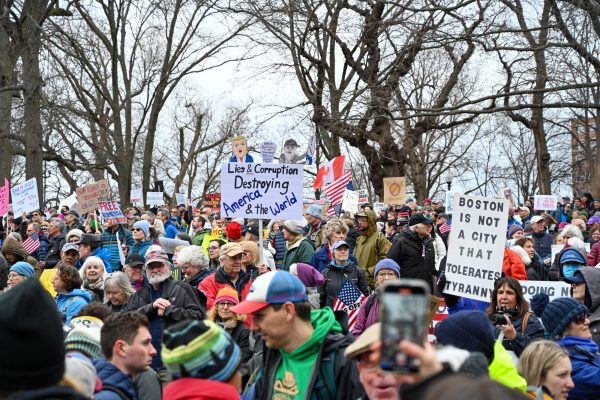
The lawsuit — filed in March by the Knight First Amendment Institute at Columbia University and Sher Tremonte LLP, on behalf of the American Association of University Professors and the Middle East Studies Association — challenges what it describes as the Trump administration’s “ideological deportations” of noncitizen protestors.
The opinion begins with a postcard sent to the court, asking, “Trump has pardons and tanks …. What do you have?”
Addressing “Mr. or Ms. Anonymous,” the first page of the opinion reads, “Alone, I have nothing but my sense of duty. Together, We the People of the United States — you and me — have our magnificent Constitution. Here’s how that works out in a specific case.”
Judge William G. Young of the U.S. District Court of Massachusetts issued the opinion, affirming the free speech of noncitizens. Young, who also presided over the case, described it as “perhaps the most important ever to fall within the jurisdiction of this district court” in his opinion.
“The [Trump] administration’s efforts to make a hierarchy of who has those rights and who doesn’t didn’t succeed in this particular lawsuit,” said André De Quadros, a Boston University professor and member of the BU AAUP Steering Committee.
The case affirmed the First Amendment rights of international students like Mahmoud Khalil and Rümeysa Öztürk, who were arrested and sent to detention centers in Louisiana after protesting against or criticizing Israel.
Öztürk, a Turkish graduate student at Tufts University, was taken off the street and placed in a van by masked Homeland Security Investigation agents after authoring an opinion article criticizing Israel’s treatment of Palestinians in the Tufts Daily.
In his opinion, Young wrote immigration agents wear masks for a single reason — “to terrorize Americans into quiescence.”
According to Young’s opinion, Peter Hatch, a senior official at the Office of Intelligence — which operates under the HSI — identified Khalil and Öztürk using a 5,000 person list compiled by the Canary Mission, an organization that identifies people who “promote hatred of the USA, Israel and Jews” in colleges or otherwise.
Hatch formerly served as the assistant director and ultimate authority at the Office of Intelligence, a position he held for six years before resigning. During his testimony, he claimed he had never been asked to target protestors prior to the current administration, according to the opinion.
Gregory Sullivan, president of the New England First Amendment Coalition, said the Trump administration’s actions are the greatest threat to free speech since the McCarthy Era — a 1950s period of government blacklisting and anti-communist crackdowns.
Young exemplified the Trump administration’s threat of free speech in his opinion, writing law firms and university leaders “cower” and “meekly appease the president,” while media outlets “mind the bottom line rather than the ethics of journalism.”
Given the political climate, Sullivan described Young’s opinion as a “brilliant and courageous” vindication of First Amendment rights and a “call for all of us to stand up and fight for our First Amendment rights.”
Tayla Nevins, a legal fellow for KFIA who represented the plaintiffs in the case, said she felt the judge’s ruling was “historic.”
During the trial, Nevins noted the “extreme chilling effect” and “extreme fear” described by the witnesses in the wake of student arrests.
“Judge Young really made clear that if the First Amendment means anything, it means that the government can’t lock people up for expressing views that the government disagrees with,” she said. “That sounds pretty basic, but it needed saying, and it feels brave to see a judge saying it in such strong terms.”
BU faces its own free speech issues. After banning student groups like the Young Democratic Socialists of America and the Quinobequin Student Front for Palestine, the university received an “F” in a campus free speech survey.
Jonathan Feingold, an associate professor at the BU School of Law and member of the BU AAUP Steering Committee, criticized what he saw as the university appeasing the Trump administration.
“If there’s any role that universities should be playing now, it’s pushing back against an openly fascist-like movement that does seem quite committed to reinstating all the hierarchies along racial, religious, linguistic [and] patriarchal lines that this country is not supposed to represent,” Feingold said.
Feingold said the question remaining for universities is “how they are going to do their part to push back against the invidiousness that Judge Young laid out so clearly in his opinion.”

